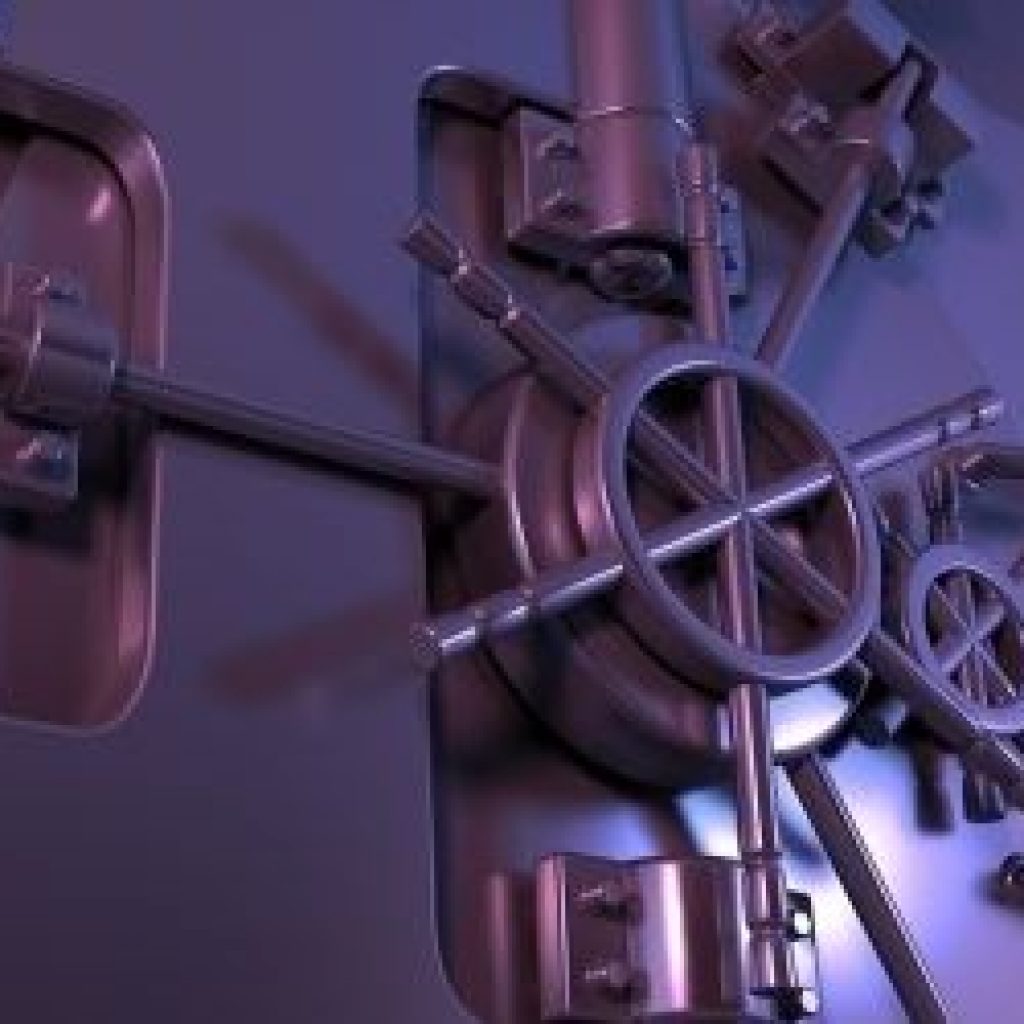(Forbes) The U.S. is finally moving forward with serious government, academic and business backing on the quantum cryptography front. John Prisco, President and CEO of Quantum Xchange, it may already be too late. He explains there are two main reasons quantum computing should be on your radar screen: big data and security.
In August, the National Science Foundation (NSF) and the Department of Energy (DOE) announced the investment of more than $1 billion over the next five years to five quantum information science (QIS) centers. This was on the heels of the July announcement by the National Institute of Standards and Technology (NIST) of the next round of its Post-Quantum Cryptography (PQC) Standardization Process candidates, the technologies in the running to be selected as the standard for quantum-based cryptography.
According to a 2017 report from IBM, 90% of all the world’s data at the time was created in a two-year period, beginning around 2015. A 2012 IDC report also accurately predicted that the volume of data generated would double every two years to about 40 zettabytes in 2020 and a forecast of 165 zettabytes by 2025. The sheer numbers are astounding.
No computer today — not even cloud-based data centers — can compute the data volumes at that scale with any degree of speed.
That’s why companies like Google, Honeywell and IBM are investing heavily in quantum computing. Quantum computing has the ability to not only compute today’s ever-growing datasets, but it also represents an opportunity to take the lead in quantum-based security.
Unfortunately, the U.S. isn’t leading in the race of quantum superiority. China has made quantum computing a cornerstone of its last five-year technology plan, and it has been the first to hit key quantum milestones. Other countries, notably Japan and South Korea, are also ahead of the American efforts.
The U.S. may be late out of the starting gate, but the multidimensional approach taken by public and private organizations may ultimately prove successful.
Ultimately, there isn’t one security solution that’s going to ever be able to prevent, predict or protect companies’ critical data and other intellectual assets. Having multiple technologies working in concert can allow your defenses to fail in different ways — successfully.
The U.S. may finally be on the right track by focusing on defense in depth on multiple fronts in the battle for quantum security.
John Prisco Explains What The U.S. Investment In Quantum Computing Means For Security
